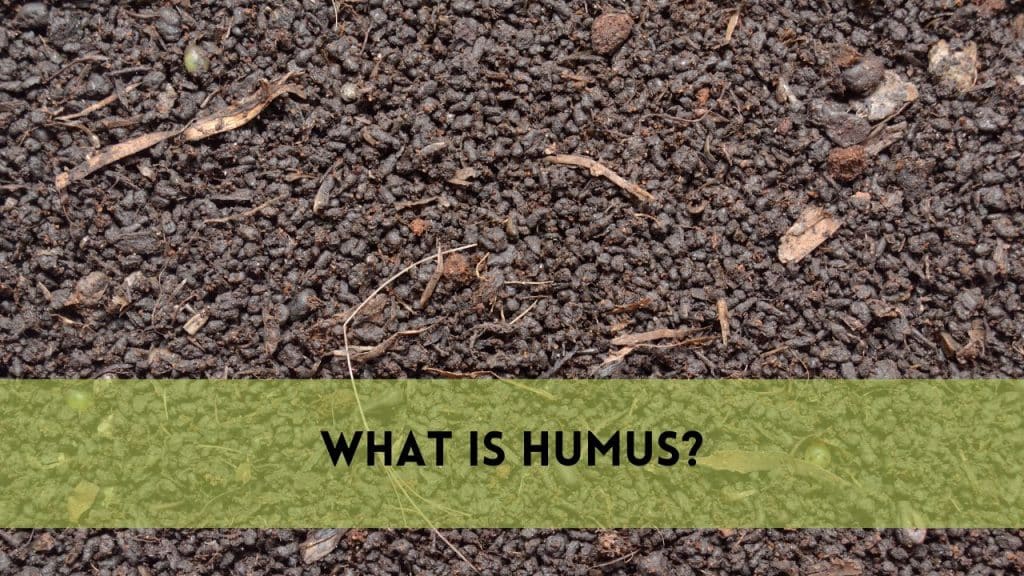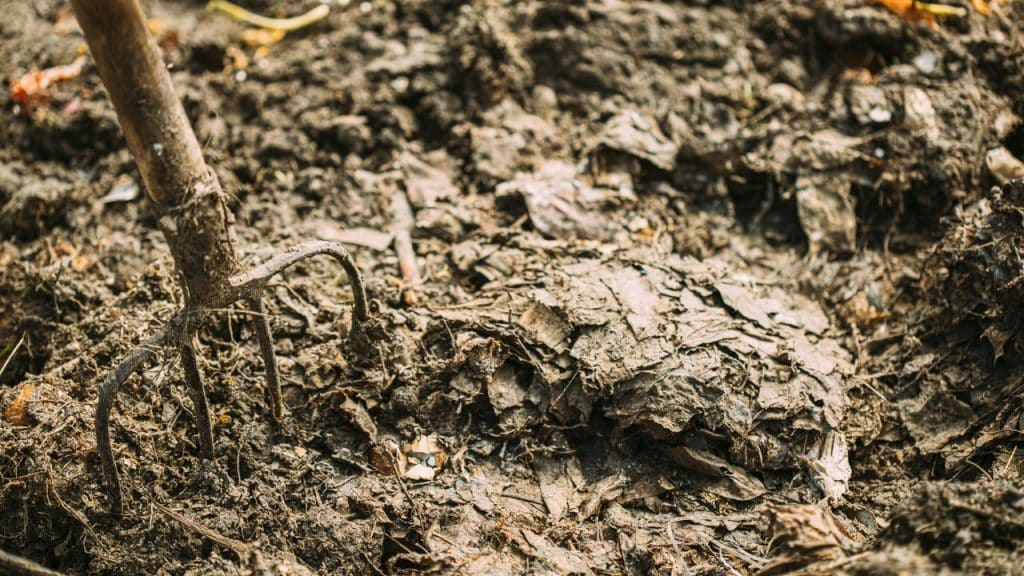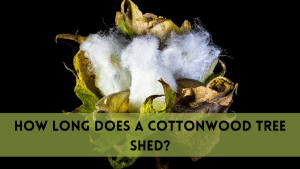This substance, which is sometimes referred to as “nature’s black gold,” is an essential component of good soil. Humus is also known as “black gold.” It is common practice to refer to humus as “black gold.” The entity in question is not only a plain mixture of biological elements; rather, it is a substance that is intricate. A substance that is both complex and plays an important part in the fertility and structure of the soil, it is a material that plays a vital function in both of these aspects.
Where Humus Come from?
On the other hand, microorganisms are the creatures that are accountable for the breakdown of organic compounds that are found within the soil, which finally results in the formation of humus.
The use of this approach is of utmost significance to facilitate the release of nutrients that are necessary for the development of plants when they are being utilized. It would be impossible for plant life to flourish and develop if the soil did not contain any humus because it would be deficient in the nutrients that are essential for their growth and development.
Why it is essential to include humus in the mixture
The presence of humus in the soil serves as a sponge, retaining moisture and preventing it from evaporating at an excessive rate that would otherwise occur. The function that it serves is comparable to that of a sponge.
This helps to maintain the moisture content of the soil and ensures that the roots of the plant get a consistent supply of water, even during times of the year when the soil experiences dry conditions. The plant will benefit from this in good ways.
Benefits of Humus
A further benefit of humus is that it strengthens the structure of the soil by bringing the individual particles of the soil together via a process that is referred to as particle binding. As a result of this process, aggregates are produced, which leads to an increase in the amount of water that penetrates the roots and the amount of root penetration.
As a consequence of this, there is an improvement in both the aeration of the soil and the drainage of the soil, both of which are needed for the development of plants that are in good condition.
Rich in the Content of Nutrients: Humus is the topsoil
The capacity of this molecule to both store and release nutrients is one of the most important advantages that it provides, and it is also one of the most significant advantages that it gives. As organic matter breaks down, nutrients like nitrogen, phosphorous, and potassium are released into the soil in a form that is easily accessible to plants.
This kind of release occurs when organic matter decomposes. Because of this, plants can make more efficient growth. The elements potassium, phosphorus, and nitrogen are all examples of nutrients that fall into this category.
This specific environment, which is especially rich in nutrients, encourages the development of vigorous plant life and offers aid to plants as they work toward the establishment of powerful root systems of their own.
Additionally, humus serves as a reservoir for critical micronutrients, such as calcium, magnesium, and sulfur, which are necessary for the physical and mental well-being of plants. Some examples of these micronutrients are sulfur, calcium, and magnesium.
Humus Improves the Fertility of the Soil
The presence of humus not only contributes to the cycle of nutrients, but it also helps to improve the fertility of the soil over time. This is because humus lends a hand in containing organic stuff.
Organic acids are discharged into the environment as a result of the breakdown of humus, which is a natural process. The breakdown of minerals in the soil is facilitated by these acids, which in turn makes these minerals more available to plants and other creatures found in the environment.
Chelation is a process that helps plants absorb critical nutrients in a more effective way, which ultimately leads to better agricultural yields and enhanced general health.
Chelation is a process that is known as chelation. Additionally, humus generates an environment that is conducive to the growth of good soil creatures, such as earthworms and bacteria, which also contribute to the increase in soil fertility. This environment is advantageous to the development of favorable soil organisms. The existence of humus is responsible for the formation of this ecosystem.
Humus is used in agricultural and gardening
When it comes to gardening and agriculture, humus is often absorbed into the soil via the use of compost or manure when it is applied. Over time, the presence of these organic components serves to contribute to the production of humus content in the soil, which in turn provides plants with a rich supply of nutrients. This gives plants the ability to thrive.
Gardeners and farmers have the chance to enhance the structure of their soil, as well as its fertility and ability to store water, by adding humus to their soil. Humus offers several benefits.
Consequently, this will result in plants that are more robust and produce a bigger number of fruits and vegetables than they would otherwise. Additionally, humus can assist in mitigating the adverse impacts of soil erosion and nutrient depletion, which is yet another reason why it is a crucial component of sustainable agriculture. Humus may be defined as a substance that is rich in organic matter.
Frequently Asked Questions on Humus
What is humus, and why does it matter?
Humus is an essential component of soil generated by the breakdown of organic materials. It is critical for soil fertility, structure, and nutrient cycling, making it necessary for good plant development.
How can humus assist the soil and plants?
Humus increases soil structure, water retention, and nutrient availability for plants. It also promotes beneficial soil organisms, resulting in better soil and higher harvests.
How can I improve the humus content of my soil?
You may boost humus levels in your soil by adding organic materials like compost or manure. Regularly integrating organic matter and using sustainable soil management strategies may assist in creating humus over time.
What is the importance of humus in sustainable agriculture?
Humus contributes significantly to sustainable agriculture by increasing soil fertility, minimizing erosion, and boosting soil health. It promotes more effective nutrient cycling while mitigating the detrimental consequences of intensive agricultural techniques.
Is humus the same as composting?
Compost and humus are not the same thing. Compost is a blend of organic elements that are actively decaying, while humus is the stable, long-term byproduct of decomposition. However, adding compost to soil might gradually increase its humus content.
Conclusion
When it comes to the health of plants and soil, humus is the “black gold” of nature since it offers a broad variety of advantages to both of these entities. With the potential to improve the structure and fertility of the soil, as well as to increase the availability of nutrients and the retention of water, humus is an essential component in the process of sustaining the health of ecosystems. This is because humus can do all of these things.
By gaining an understanding of the significance of humus and incorporating it into our gardening and farming methods, we will be able to construct a method of soil management that is sustainable and stimulates the growth of plants that are healthy for future generations. Consequently, this will make it possible for us to ensure that the plants that will be passed down to subsequent generations will thrive. To develop soils that are not only healthier but also more productive, let us acknowledge the power of humus and make use of its potential that has not yet been fully recognized.






